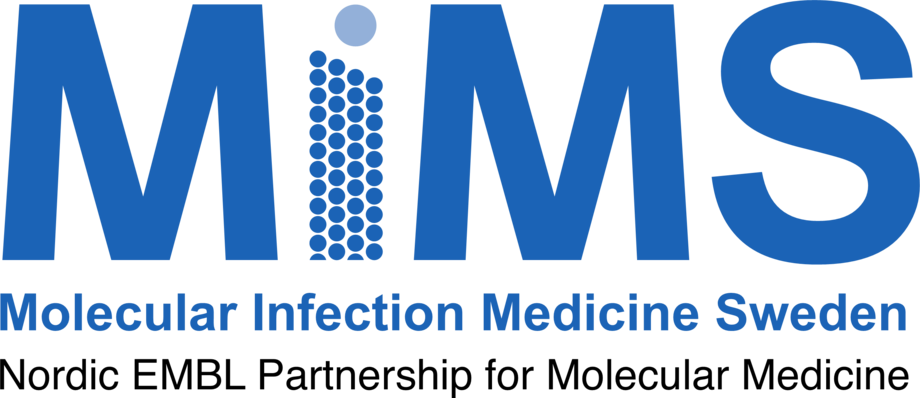Interaction between diet, gut microbiota and the intestinal barrier


Dr. Björn Ole Schröder, Umeå University, Sweden
The intestine is one of the most densely populated habitats. Trillions of microorganisms, mainly bacteria, live in our gut in a relationship from which both sides benefit: The host provides continuous supply of nutrients and a constant temperature, while the bacteria produce vitamins and other factors that are beneficial for the host. However, the high density of the gut bacteria is a permanent threat to the body and efficient defence mechanisms are required to protect the body against infection by this intestinal bacterial community.
Over the course of evolution, the body has developed various mechanisms of border protection. As such, the intestinal mucus layer is a physical barrier that separates trillions of gut bacteria from the host. In the colon, continuous mucus secretion from intestinal goblet cells generates a flow towards the lumen, thereby keeping the inner mucus layer sterile and counterbalancing mucus degradation by the gut bacteria.
We recently showed that mice that were fed a “Western-style diet” (WSD) – a diet similar to fast food that contains high amounts of simple sugars and fat but lacks dietary fibre – had an altered composition of gut bacteria, which caused damages in the mucus shield. Consequently, bacteria could come closer to the epithelium, which increases the risk for infections and inflammation. Of note, we found that a microbiota transplant, the application of a probiotic Bifidobacterium strain or the prebiotic dietary fibre inulin were protective for intestinal barrier function. Thus, bacteria and diet can both affect mucus function.
WSD is a major contributor to metabolic diseases, including obesity. Thus, to furthermore disentangle the influence of diet and host obesity on mucus function, we now investigated intestinal mucus function and gut microbiota composition in leptin-deficient genetically obese (Ob/Ob) mice that overfeed on a fiber-rich chow diet. By using an ex vivo explant method to measure mucus function on living tissue, we found that the inner colonic mucus layer displayed impaired mucus function, indicated by increased penetrability and reduced mucus growth rate. By co-housing Ob/Ob mice with their lean littermates we then investigated whether the mucus defect may be caused by the gut microbiota as well.
In the industrialized world, diseases such as inflammatory bowel disease and metabolic disease are on the rise and have been linked to the gut microbial community and intestinal barrier defects. We hope that our research contributes to a better understanding of how modern dietary habits affect intestinal defence mechanisms. In addition, we hope to identify important bacteria that can be used as future probiotic supplements to improve barrier function in the gut and to find nutritional compounds that can enrich these positive bacteria to provide long-term health benefits for the Western gut.
